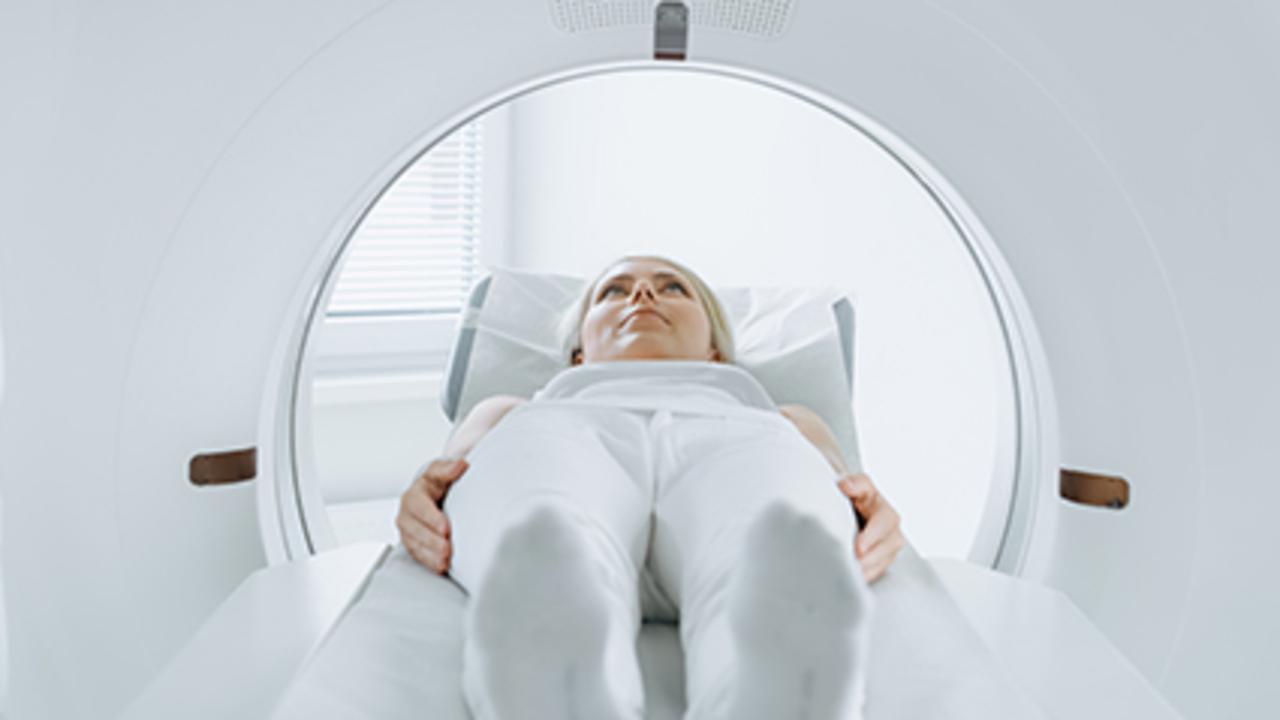
After a car crash, women are more likely to go into shock than men, even when their injuries are less severe, new research shows. “Women are arriving to the trauma bay with signs of shock more often than men, regardless of injury severity,” said study leader Susan Cronn, a researcher at the Medical College of… read on > read on >






























